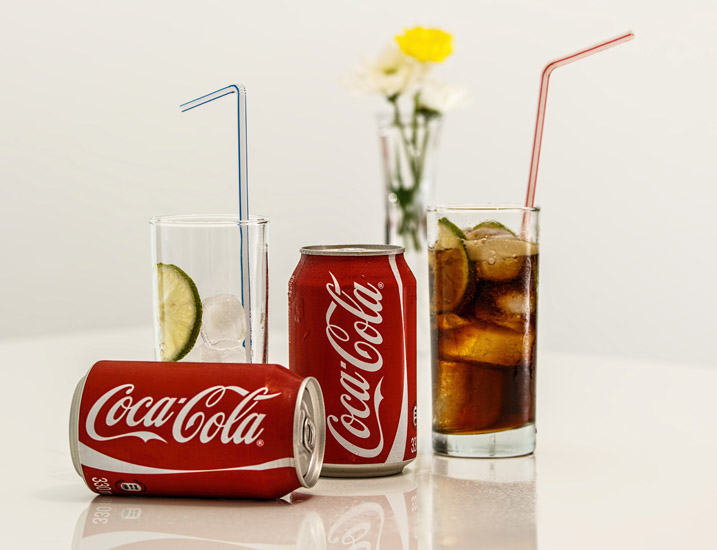Voters in Santa Fe, New Mexico have defeated a measure that would have levied a 2-cents-per-ounce tax on sugar-sweetened beverages. The revenues raised by the tax would have gone toward making pre-kindergarten education available to approximately 1,000 children and funded nearly 200 jobs in early education.
Childhood obesity
Public health experts have advocated such taxes as a way to reduce consumption of high-calorie, low-nutrition drinks which have been shown to contribute to childhood obesity.
The record turnout in the election reflected the intensity of the heavily-financed campaign that preceded it, which included phone calls, mailers and frequent home visits from canvassers.
Opposing the bill was the American Beverage Association, which financed a group called, Better Way for Santa Fe & Pre-K. Among its supporters was former New York City mayor Michael Bloomberg, who donated $1 million to the effort.
The results showed a division along socioeconomic lines, with lower- and middle-income neighborhoods voting the tax decisively and more affluent voters being evenly divided on it.
Berkeley, California; Boulder, Colorado and Cook County, Illinois are among the areas that have approved taxes on sugary beverages.
"False claims"
American Heart Association (AHA) CEO Nancy Brown blamed the vote on efforts by the beverage industry.
“We believe the voters and business owners would never have been divided on such a simple issue if they were told the truth, but the beverage industries’ deep pockets, false claims and deceptional tactics prevailed,” said Brown. “Once again, the beverage industry has shown that it is more concerned with its financial health than the health of children and families.”
Brown pointed to researching showing that such taxes reduce consumption of unhealthy beverages in favor of water. “Taxes in Mexico and Berkeley, CA have led to beneficial health impacts without hurting local businesses and customer sales.”
Kids drinking 10x the sugary drinks recommended
Despite recent declines in traditional soda sales, consumption of other sugary drinks such as fruit drinks, sports drinks and sweetened teas has increased. Sugary drinks are the top source of added sugars for millions of people. The AHA recommends kids drink no more than one sugary drink a week, but the average child now consumes ten times that amount. These levels of added liquid sugars increase risk for serious chronic diseases, including heart disease, stroke, type 2 diabetes, cancer and tooth decay.







